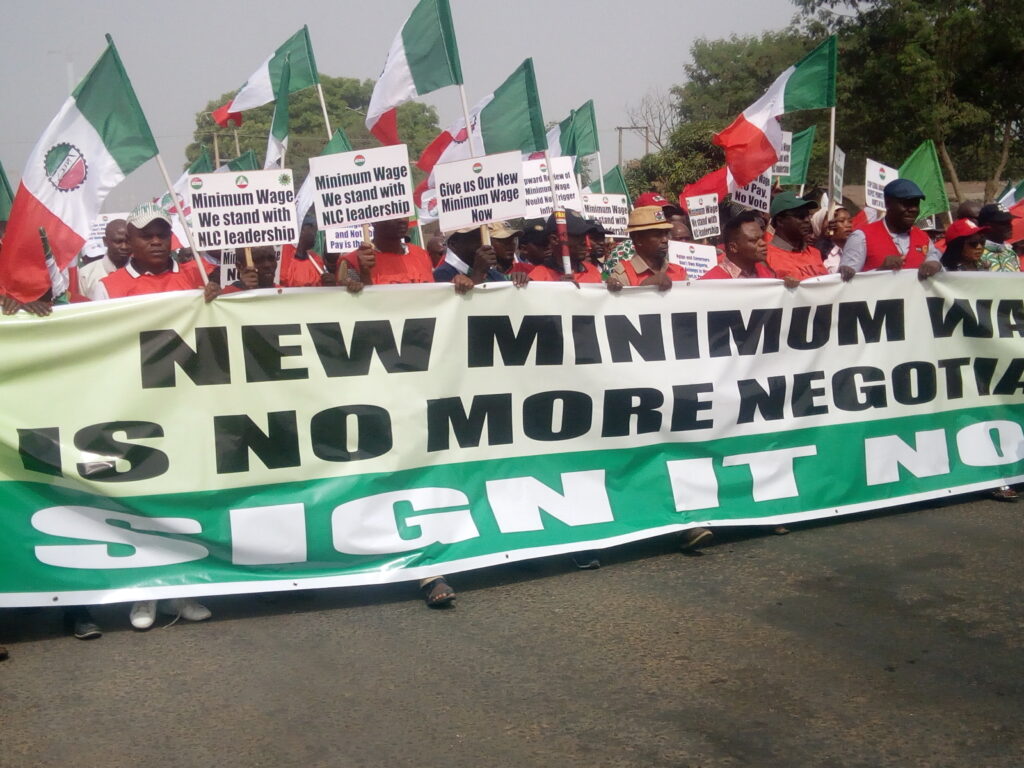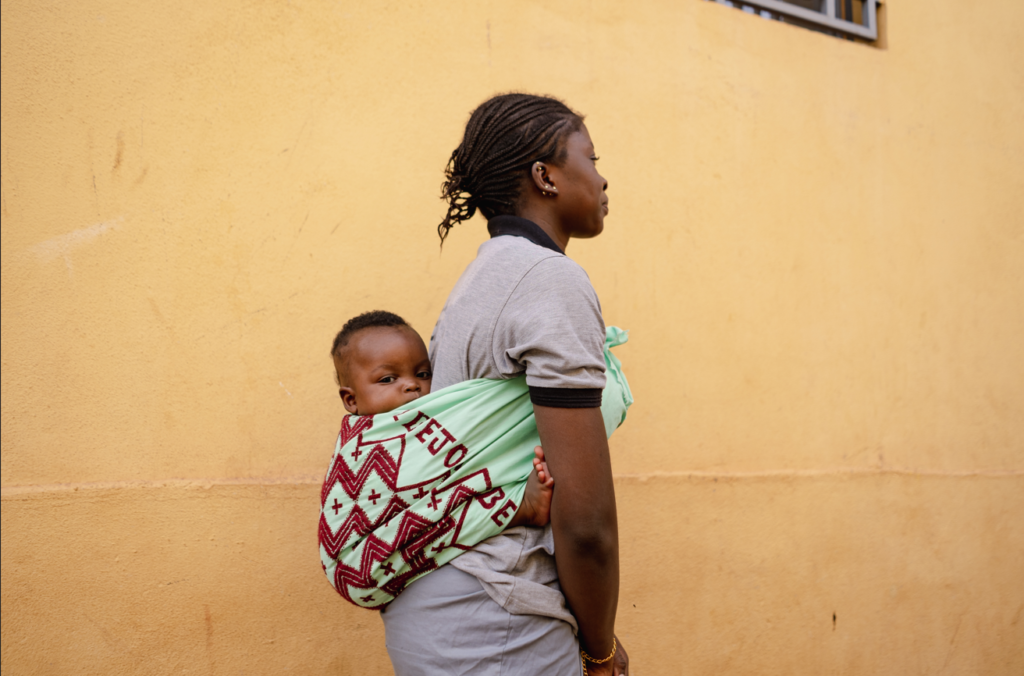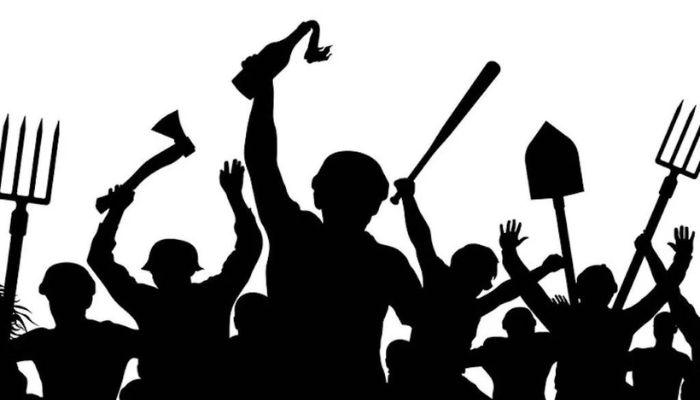Globally, young people are regarded as major socioeconomic and political societal forces. Despite this, they remain largely excluded from political and crucial decision-making processes. The youth comprise one-fifth of the global population. Meanwhile, their engagement in political debates is limited. This is evident in the 2013 UN Youth report, which places the average age of lawmakers worldwide at 53.
In Africa, where democracy is still in its infancy, young people are likelier to be excluded from important political decision-making processes due to a lack of inclusive political institutions. Per World Bank figures, Africa’s youth account for more than 70 per cent of the continent’s population. Despite their numerical advantage and historical significance throughout the region, they have been mostly overlooked in political arenas. As a result, many young people in Africa are disorganised, unemployed, and vulnerable to radical views. However, there have been some improvements in political awareness among Africa’s young population partly due to increased political consciousness and external factors such as globalisation and the rise of social media, which aids youth participation in socio-political discourses.
Global efforts are being made to foster more youth participation in politics. Over the last few decades, there has been a remarkable surge in policy formulation to incorporate young people in decision-making, such as forming the African Youth Parliament. However, Hamiru Harry Massaquoi, in Youth Participation and Inclusion in Africa, opines that the proportion of young people actively incorporated in state management remains quite low. The threat of prosecution or political intimidation by some governments is a deterrent to young people who seek to express alternative viewpoints. Legal issues such as age limits also impact top-level participation. Hamiru further argues that laws on inclusivity are not simply the solution, as some young people are given positions for which they are unqualified; as a result, the potential risks are great, and failure is imminent. Through nepotism, incompetent young people are assigned to key government jobs and many qualified and competent young people are forced to work under these unqualified and incompetent young colleagues. When they fail to deliver positive results, it fuels the narrative that the youth are not ready to take up certain responsibilities.
However, it can also be argued that although youth involvement in Africa is low, their willingness and desire to participate in their countries’ day-to-day social, economic, and political activities remains high. This is evident in the active participation of Africa’s young population in climate activism and civic organisations rather than democratic participation, as these forms of policy influence appear to have minimal manipulations from elected officials. However, since formal structures govern nations, it is crucial to affect the system from within by voting for one’s representative or participating in local, sub-national and national governments. One can influence the system from the outside through protests and campaigns. Still, in the end, formal institutions have the authority to bring about the changes young people may desire, irrespective of the positive potential of political activism and campaigns on social media. Therefore, more efforts are needed to encourage young people’s political engagement from the viewpoints of the youth themselves (i.e., to what degree do they participate in politics?) and political institutions (i.e., are they amenable to the inclusion of young people?).
While campaigns, civic education, and training are vital, they are insufficient to address the issue of young people’s limited opportunities for engagement in governance. Reforming political structures and legal frameworks to make them more inclusive should be prioritised to inspire youth to participate in politics more. As the electoral process is a crucial component of democratic governance, a 2013 UNDP report recommends that young people’s political involvement can be increased if they are involved throughout the electoral cycle, not just in the run-up to elections. Youth inclusion will be enhanced in many nations by lowering the eligibility age to run for office to match the minimum voting age. Youth representatives can also inspire other young people to get involved in formal politics by their presence. Laws mandating youth (and gender) quotas for local councils and the parliament, as Kenya, Rwanda, and Uganda have done with national and local government organisations, are also beneficial.
In addition, protecting rights is crucial as a goal in and of itself and a prerequisite for young people to participate in official political processes, volunteer work, and civil society organisations. The African Youth Charter assertively states that the rights of youth, which include the freedom of expression and association, the right to privacy, and the right to be safe from physical harm, must be upheld. Notably, the right of young people to “social, economic, political, and cultural development” is also mentioned in the Charter. According to the Charter, everyone has the right to development, including participating in and profiting from development processes. Thus, establishing procedures and mechanisms that ensure youth engagement serves to advance the right to development. According to the Charter, if young people establish “youth organisations to lead youth programmes,” their right to development will be strengthened. Therefore, the prominence of youth leadership and membership in youth associations is bound to strengthen if the youth are assured of protecting their human rights.
Conclusively, freedom of participation is an important right, especially in political environments that tend to be highly partisan, as is the case with some African countries. The importance of young people’s participation in politics is an expression of their citizenship. Africa’s youthful population has the potential to be a resource for improving the continent and creating the desired Africa, provided it is used wisely. Unless, as demonstrated by the Arab uprising and public demonstration of 2011–2012, African youth would start to challenge governments who ignore the problems facing this demographic. Therefore, youth participation in African politics is crucial because it is a powerful tool for reimagining the continent’s system of governance. It follows that fostering an atmosphere that is fair and supportive of the youth in Africa is imperative.



